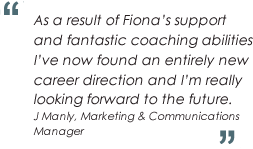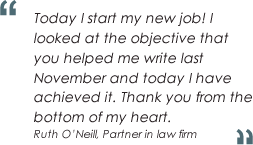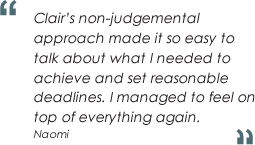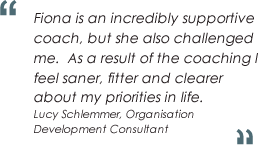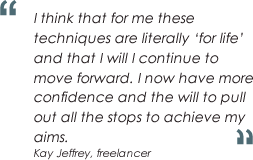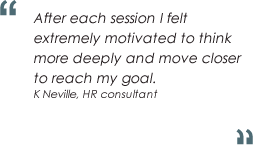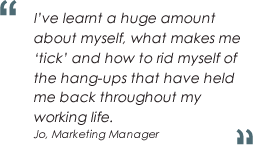How to write the perfect cover letter
Often overlooked and sometimes completely ignored, a cover letter is the perfect accompaniment to your CV. The letter (or in this modern world, e-mail) will most likely be read before your CV, and it affords you the chance to express all those things that do not comfortably fit into a CV’s often rigid structure.
Taken as a whole, a CV and covering letter will portray you in the best possible light. If done properly, your covering letter can make the difference between success and failure.
Top Tips:
- Make it personal and tailored to each job application
- Absolutely key: Clear and concise
- Have a Structure. See recommended Structure below
- Try not to repeat too much from your CV
- Make it personal – address it to the relevant recruiting manager
- Use action verbs – such as completed, achieved, devised, created etc.
- Keep it to one page – don’t make the recruiting manager work to get through the letter. Remember the potential employer may have many letters and CVs to read through. The average recruiting manager will only spend 20-30 seconds reading your letter so prioritise the most relevant and compelling points
- Remember this is the employer’s first impression of you so make sure it is well structured and reflects you in your best possible light
Recommended Structure
Opening statement
E.g. “I am writing to you regarding the ‘copy writer’ placement that was recently advertised, and would be most grateful if you would consider my application for this position.”
Why is the job good for me?
Deal in specifics and pick one aspect of the role that particularly appeals to you and explain why
E.g. “I am looking to pursue a career in journalism, and travel writing is one area in which I would be keen to gain experience. It is ideal considering that I am an avid traveller myself and have taken a keen interest in travel literature in my own reading.”
Why are you right for the job?
Here is the place to address your strengths and qualifications that are directly relevant to the position. If there are specific requirements that are mentioned in the job description, use these terms when describing yourself. Give evidence of any skills or strengths you are trying to explain. Try to offer the reader something unique and beneficial. Use interesting examples that will set you apart from others.
Closing remarks
Say when you are available to start work, and you should welcome the prospective employer to contact you if they need any further information. They should have your contact details from the top of the letter, and on your CV.
